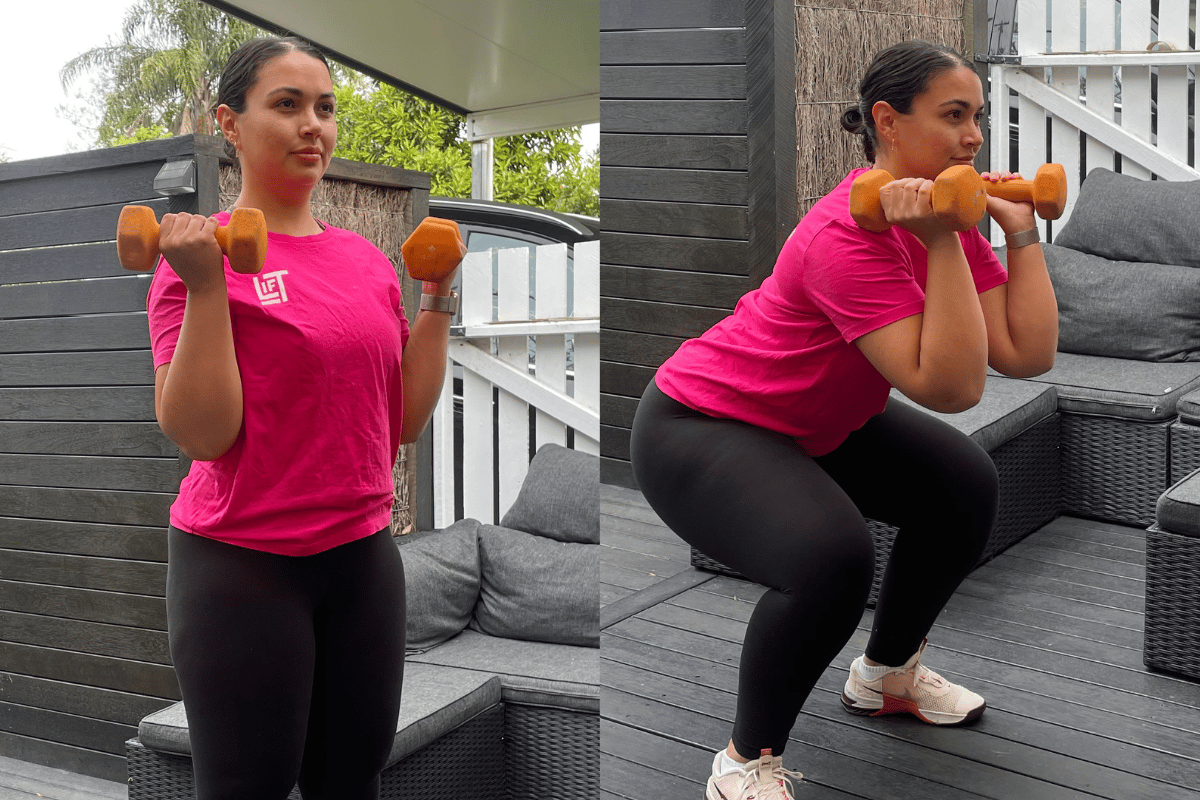
Lining up my dumbbells and carefully laying out exercise mats, I prepared for another morning of teaching outdoor bootcamps overlooking the iconic Bondi Beach.
As the girls signed into class, I recognised a face I hadn’t seen before. "Nice to meet you!" I exclaimed, "What’s your name?"
The lady introduced herself as Nicole* and I couldn’t help but notice her wrist was in a cast.
While you're here, watch the horoscopes working out. Post continues after video.
"Oh no, what happened?" I asked. Nicole went on to explain that she had fractured her wrist after returning to exercise after the birth of her son.
She had completed her six-week checkup with her GP who advised her that she had clearance to return to exercise. However, Nicole was used to doing high-intensity exercise classes up to five times a week so she assumed her six-week checkup meant she had the "all clear".
"What I didn’t know was that women can actually lose bone mass during breastfeeding so I wasn’t as strong as I thought I’d be," Nicole shared. "As a result, I ended up fracturing my wrist while doing pushups."
That same class, another woman (a mum of teenagers) explained to me that she couldn’t jump or do star jumps throughout the class. When I asked why, she jokingly said she might wet herself if she starts jumping up and down.
